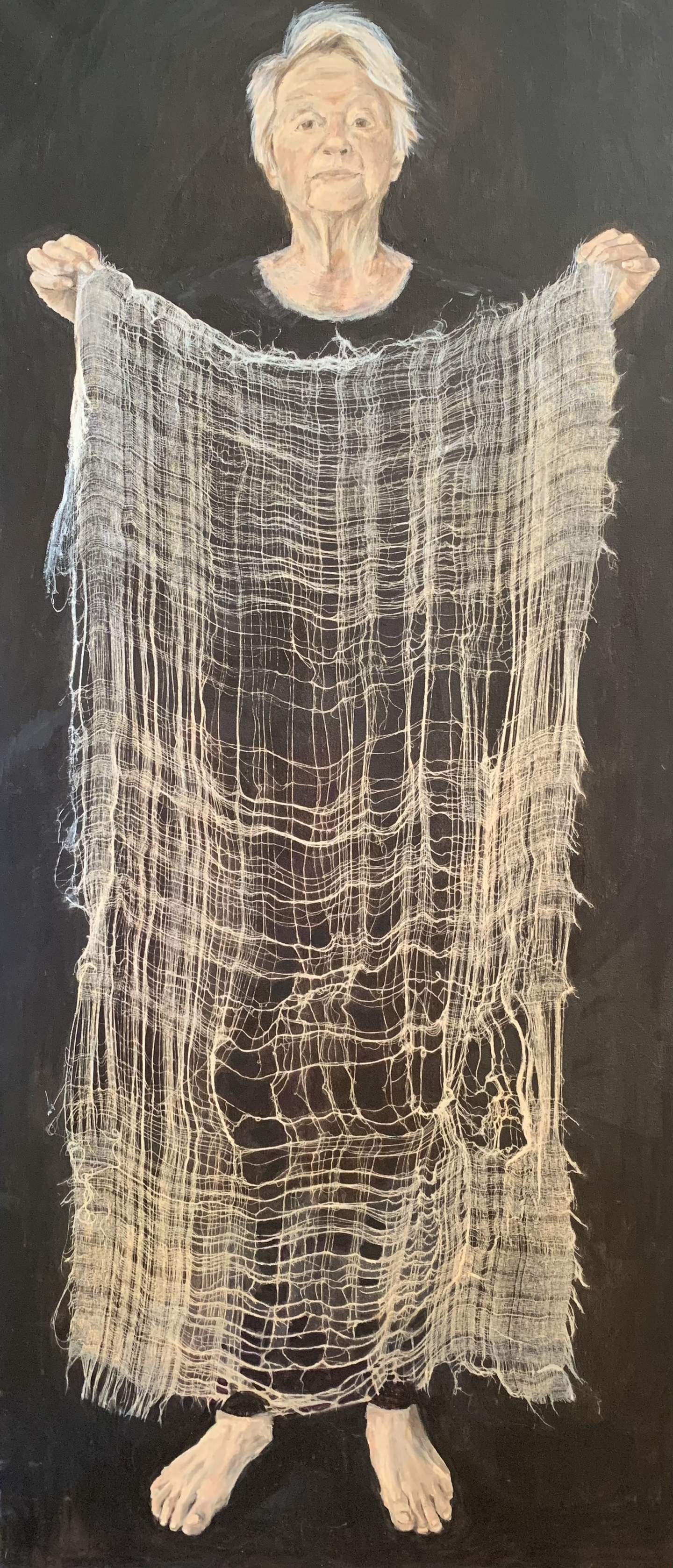Two researchers from the University of New England‘s School of Environmental and Rural Science have been recognised on the national stage for their innovative ideas to improve the agricultural industry.
Dr Zenon Czenze and Dr James Preston each received a Science and Innovation Award for Young People in Agriculture, Fisheries and Forestry from the Australian Bureau of Agricultural and Resource Economics and Sciences (ABARES), which will provide funding and support to complete a 12-month research project.
Dr Czenze, who received the Wine Australia Award, is exploring how bats can be used as a form of natural pest control in Australian vineyards.
The groundbreaking project will examine whether bats are eating known pests, such as moths, and whether they are a more cost-effective alternative to using pesticides.
If successful, Dr Czenze estimates it could save the local wine industry more than $50 million per year.
“We’ve got big goals and big plans to hopefully change the paradigm of the way things are managed,” he said.
“I not only want to reduce pesticides across the country in the agricultural system, but also, if we can do that while simultaneously enhancing habitat for threatened species, then it’s a win-win.”
The Science and Innovation Awards recognise some of the best and brightest early-career researchers across the nation, so it is a true testament to the expertise and dedication of our research community here in the School of Environmental and Rural Science.
Meanwhile, Dr Preston will use his funding from Australian Wool Innovation to investigate whether there is a link between the density of sheep skin follicles and fleece weights.
“Bigger sheep naturally have a lower density of follicles because their skin is stretched over a larger area,” James said.
“So, the project is looking to measure the surface area of different sheep and standardise that across a cohort of animals.”
Through this, Dr Preston will be able to uncover any correlation between skin follicle density and fleece production. Depending on what he discovers, his findings have the potential to boost lifetime productivity for the Australian wool industry.
Dr Czenze and Dr Preston’s success marks the third consecutive year that UNE researchers have been presented with a Science and Innovation Award.
Professor Julius Van der Werf, Interim Head of the School of Environmental and Rural Science, said it is a remarkable achievement.
“The Science and Innovation Awards recognise some of the best and brightest early-career researchers across the nation, so it is a true testament to the expertise and dedication of our research community here in the School of Environmental and Rural Science.”








